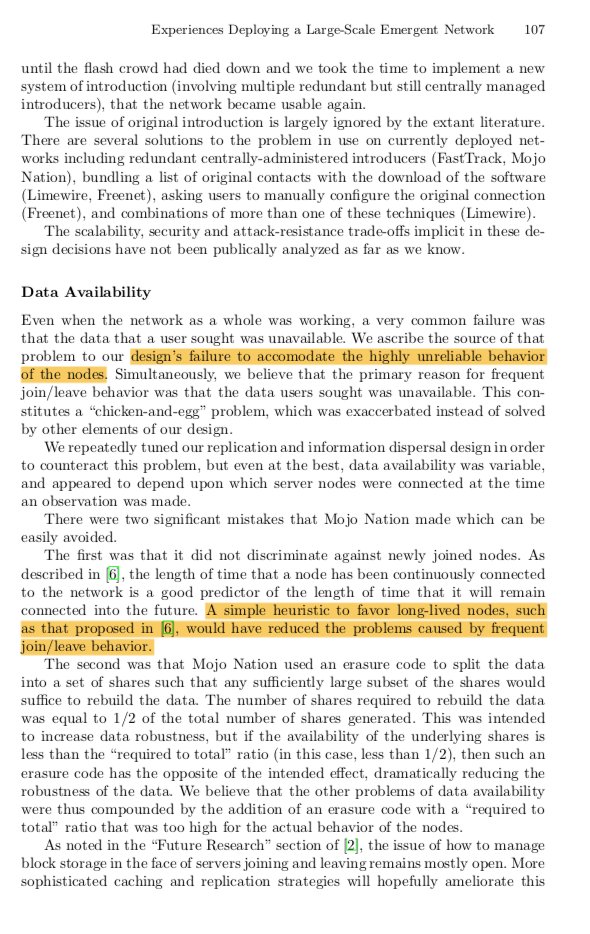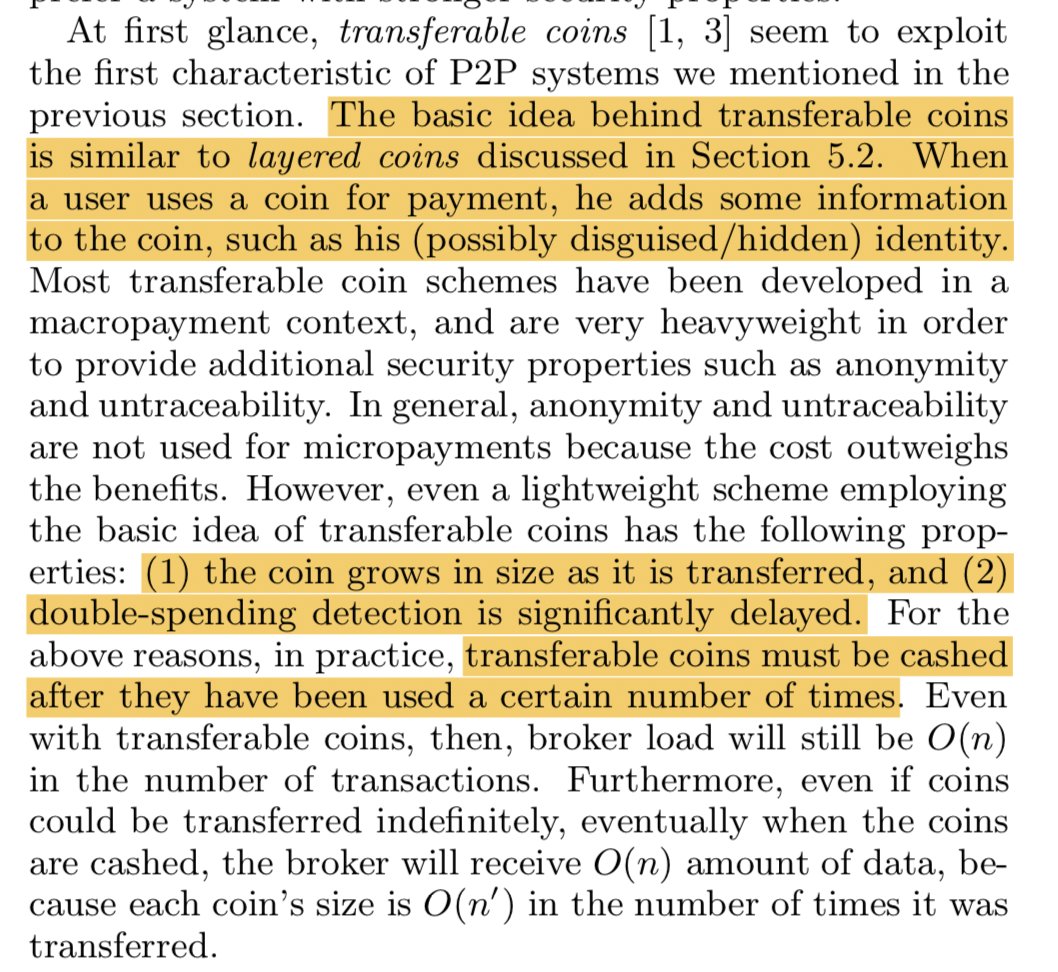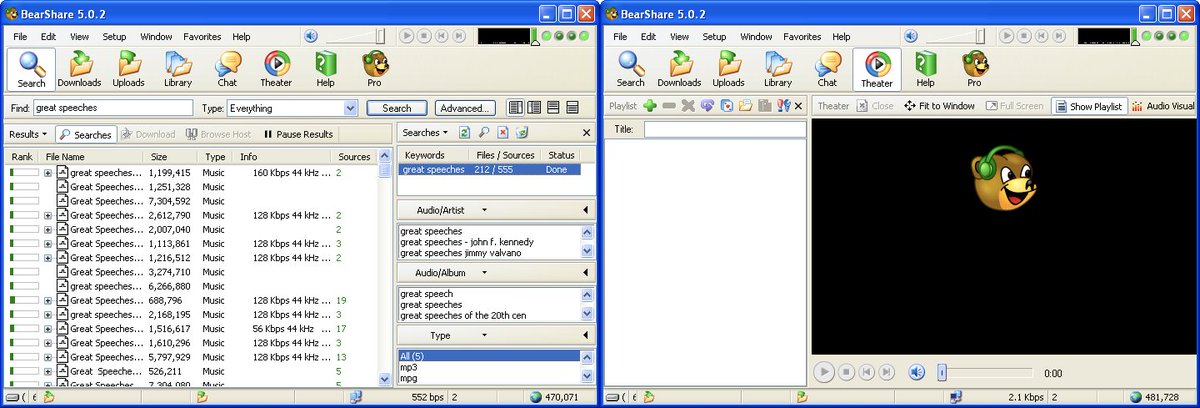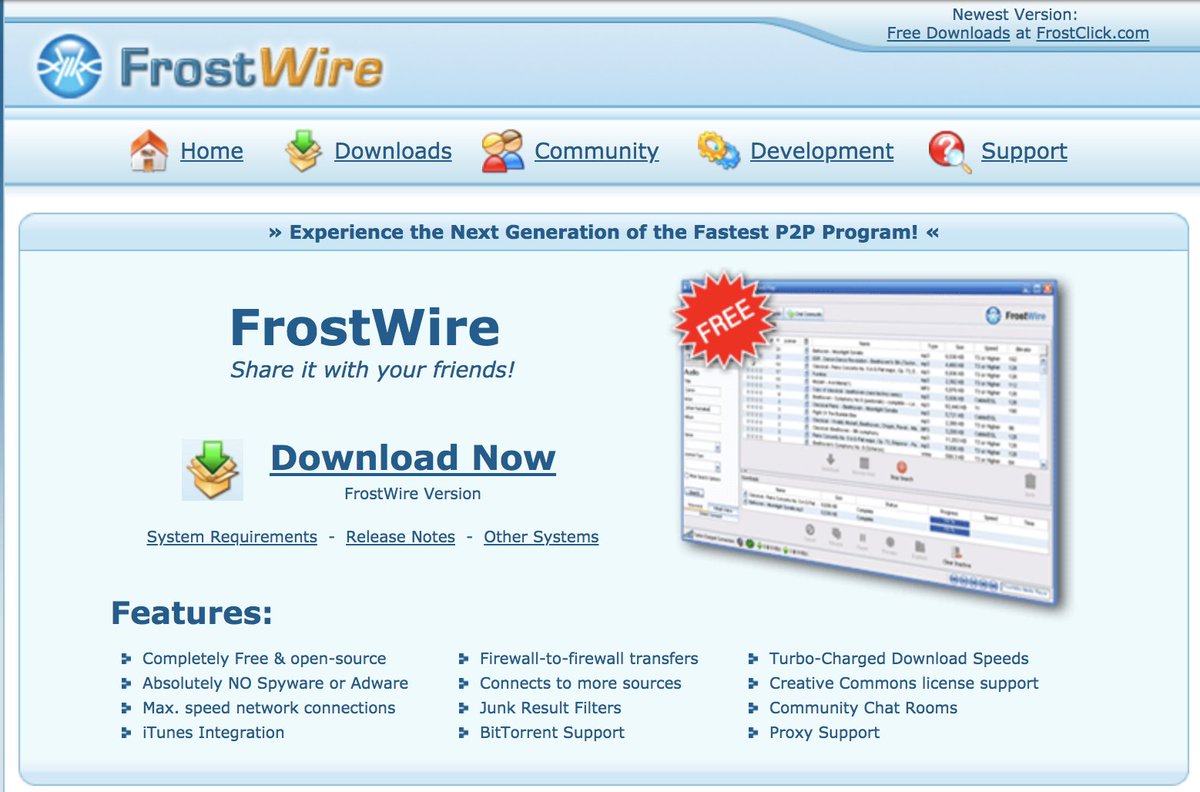😡 Incentive issues (most shared NOTHING, tons of fake files + viruses)
🤝 Lots of attempted market mechanisms (from game theory to tokens) to fix incentives
💰 Monetization lessons
🍴 Forking vs governance
Thread 👇
In file sharing days, people created lazy patched clients like "Kazaa Lite" which JUST removed ads. Reputation of bundling "AdWare" and "SpyWare" killed trust of creators.
• Nullsoft launched Gnutella protocol but Limewire/BearShare built the apps we all know. Forks like FrostWire live on eternally
• OSS eMule built on eDonkey's networks after they died and even improved on it
PopcornTime (backed by BitTorrent) is a great example where it specializes both by content (movies) and mode of consumption (streaming only)
A strong Kazaa "participation level" meant faster downloads. Clients self-reported participation level. The K++ client spoofed max participation so users got better download speeds.
• Targeted game theory (bittorrent.org/bittorrentecon…)
• In kind resource accounting (tracking just upload vs. download)
• In-network token you can't cash out
• Generalized and liquidatable tokens
> The smartest thing [@bramcohen] did when stripping down MojoNation to create BitTorrent was conforming the digital resource mechanism to the actual behavior of the users
@NickSzabo4 later jokes about the commenter being "anonymous" while using "we" to refer to MojoNation team. Later identifies as Jim McCoy. 🤷♂️
Whole thread is a valuable read
IMO, Jim's comment doesn't reject tokens. Instead, he is acknowledging that the token added too much complexity to an already grand vision

People critique some decentralized projects as bolting a token on to an otherwise understood product. This is an interesting reframing
• Seeding after dl can buy faster future downloads
• Incentive to seed long term and contribute bandwidth
• Token bounties for desirable content would incentivize sharing content people want
• Protocol/market fit: is the protocol powerful+general enough to let apps give users a good experience?
• App/consumer fit: does the app optimize how the end user wants to use the protocol?
Until a compelling enough app is built, it is a three legged race to coordinate protocol and app changes. After this MVP is found, you see rapid experimentation and competition
I'll share more on p2p parallels for tokenization, decentralization, scaling, and legality in the future. Stay tuned!


















